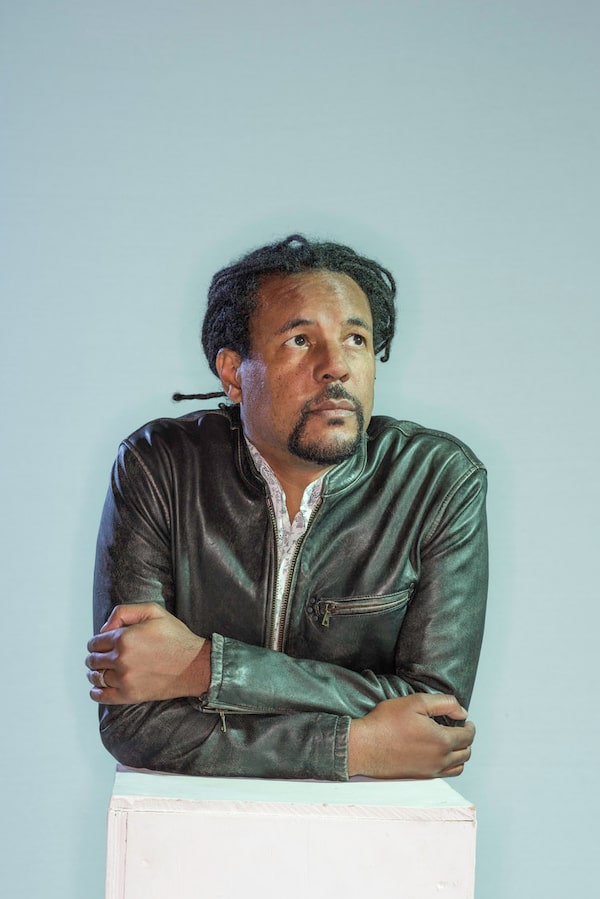It has always struck me as odd that, in the canon of American literature, the nation’s relationship with black people has remained so profoundly underexplored. From a moralist perspective, it almost makes sense. A nation founded on equality and individual liberty, yet shockingly failed its own principles since inception, would have to be so deeply embarrassed as to avoid the conversation. On the other hand, hasn’t the world’s greatest literature emerged from authors willing to probe the depths of the unspoken and the shameful?
Aleksandr Solzhenitsyn’s One Day in the Life of Ivan Denisovich, for example, gave no new accounts of the brutality of prison camps, or the evils of Stalinism. It did, however, affirm the value of human life and dignity in the near total absence of human necessities. The bold conceit of One Day was to indict a system that held itself and its atrocities above judgment. Albert Camus’s The Fall, on the other hand, swings the lens inward. The Fall indicts an individual who was himself responsible for the judgment of others, but after a moment of cruel indifference, is unable to function in that capacity.

Handout
So it’s natural that when a writer as masterful as Colson Whitehead writes a book such as his most recent novel The Nickel Boys, which challenges black boyhood and institutional racism in the Jim Crow South, the end result is great literature. I say this out of a great respect of Whitehead’s craft. But I also say this from a bewilderment that the dystopic existence of black life in the post-Reconstruction era has remained so deeply sequestered to black authorship, that it has assigned them the de facto role as custodians of that unspoken cultural memory in American literary fiction.
This sequestering of the genre often leads to what James Baldwin once described as the “protest novel” – that is, the type of story that’s less describable as literature than as a “catalogue of violence” – in his critique of both Harriet Beecher Stowe’s novel Uncle Tom’s Cabin and Richard Wright’s Native Son. Through society’s meshing of literature, politics and sociology, the protest novel turns reading into a sort of pressure valve for the enlightened, “So that finally,” Baldwin wrote, “we receive a very definite thrill of virtue from the fact that we are reading such a book at all.”
Tasked then, with the responsibility for telling these stories to a broad audience that too often confuses the act of reading with the act of resistance, even highly talented and highly respected black authors can unintentionally become entangled in this narrative. Wright (who mentored a young Baldwin and helped him land his first fellowship) produced in his seminal character Bigger Thomas a black man moulded both by his hatred and by a world that stamped him as a subhuman at birth. Through a crucible of violence inflicted on others, and in turn inflicted on him by a world that hates him for the pathology he represents, Thomas is finally able to accept his own humanity by the end of the novel. Concurrently, Bigger Thomas accepts his death sentence.
Such is the nature of black life in literature. Desolation and death are never far behind.

Author Colson Whitehead.Chris Close/Handout
In The Nickel Boys, Whitehead gives us Elwood Curtis, moulded instead by the doctrine of black exceptionalism. Curtis is not like the other teenagers in Frenchtown, whom his grandmother regards as “shiftless, clambering into rambunction.” Elwood is a voracious reader, an assistant for the neighbourhood’s friendly Italian shopkeeper, and a would-be devotee of the civil rights struggle. A character such as Elwood – intelligent, a follower of the rules and prone to self-sacrifice on behalf of others who never asked for his help – exists to show readers that institutional racism cares nothing for respectability. As good a child as he is, Elwood still winds up imprisoned in the Nickel Academy, a reform school for boys that subjects its black students to horrific violence.
Due in part to that saintly demeanour, and to his continuous striving for self-uplift, Elwood feels like the sort of virtuous construction necessary for the white liberal imagination to recognize the humanity underneath black skin. In a sense, he is Bigger Thomas’s counterpoint. But, like Bigger, he is bound up by the realities of race in pre-Civil Rights Act America, driven by the same drapetomanic urge for escape. In this sense, Elwood is Bigger’s sibling, with the narratives of their social and institutional imprisonment told in reverse.
Literature is not sociology and life is not a storybook. Neither Bigger nor Elwood are flesh and blood, unlike Mike Brown, whose flesh was left to rot for hours in the Missouri sun, and after his death at the hands of police officer Darren Wilson, was annotated by The New York Times with the phrase “no angel.” Neither are they Eric Garner, selling loose cigarettes in Staten Island, deemed unremarkable in death by the U.S. Department of Justice after being strangled to death by police officer Daniel Pantaleo. But they do represent the binary conception of the black male in the white liberal imagination, and are that unintended result of a literary genre that still has yet to explore this character as much more than a waypoint for the racialized injustices to which America has hardened itself.
I very much like The Nickel Boys. I think there are outdated books in English syllabi across America that The Nickel Boys could easily replace. But because the experience of black life over the past 150 and more years has been so deeply segregated and neglected in literary fiction, the standout nature of this book reveals an unintentional consequence of that segregation: that the many evils of white supremacy require a black Brute such as Bigger Thomas to absorb them, and a respectable black boy such as Elwood Curtis to name them.
Expand your mind and build your reading list with the Books newsletter. Sign up today.